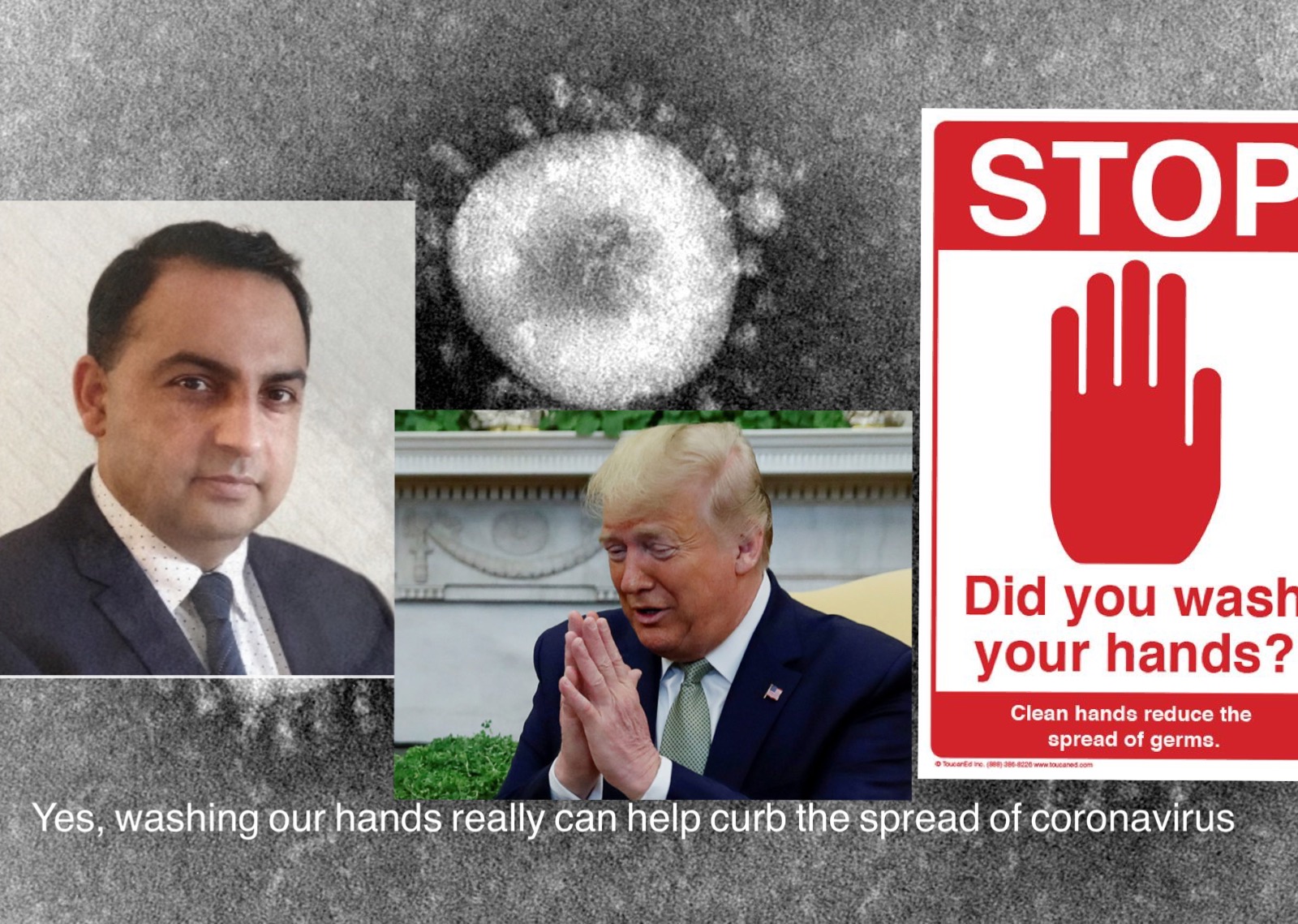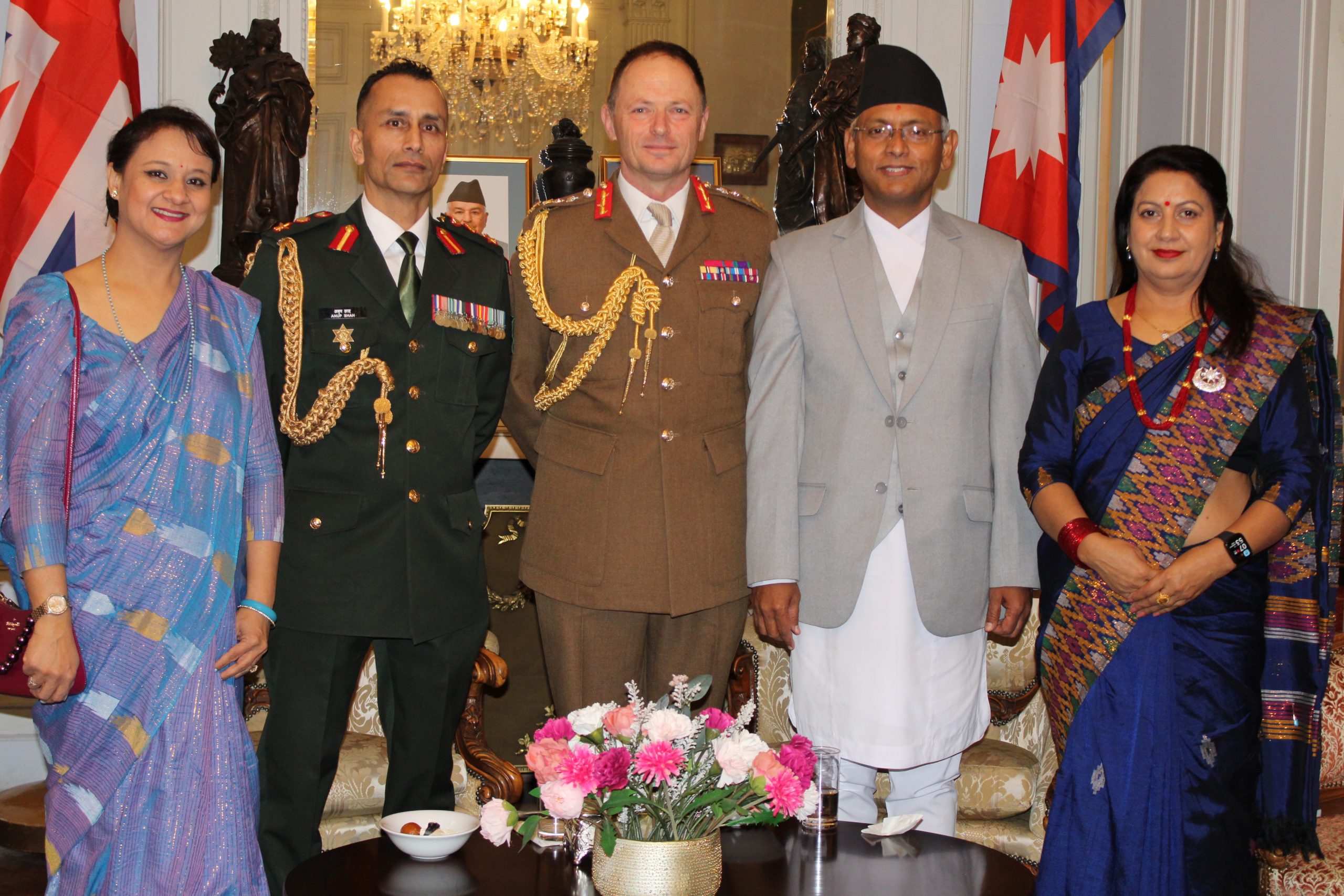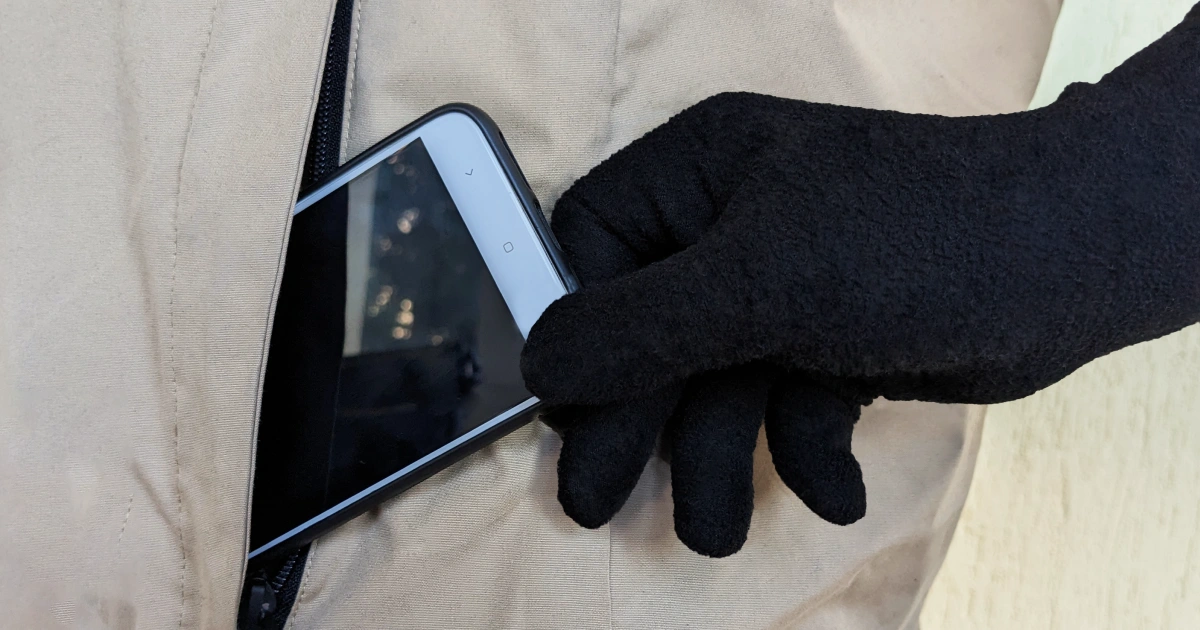‘Adopting good hygiene practices is the key to stop the spread of coronavirus’ – Dr Om Prasad Gautam

Dr OM PRASAD GAUTAM is a public health expert and behaviour change scientist with more than 20 years of work and research experiences in Water, Sanitation & Hygiene (WASH), health, behaviour change, child health, immunization, food safety, and HIV/AIDS programme.
Dr Gautam holds PhD from London School of Hygiene and Tropical Medicine (LSHTM), UK and Master’s degrees in Public Health and Social Sciences. He iscurrently working at the WaterAid UK as a Senior WASH Manager – Hygiene (global lead on hygiene behaviour change).He spoke to SOUTH ASIA TIME focusing on COVID-19.

Excerpts of the interview:
In the wake of coronavirus pandemic, it is being advised to wash our hands with soap and water. Is this the best prevention?
Yes, washing both hands with soap and water frequently and thoroughly is one of the effective methods of controlling the spread of COVID–19 (the disease caused by Coronavirus). Hands are likely to be contaminated frequently as people touch surfaceswith any source and they can pick the virus. So,washing both hands with soap and water thoroughly removes virus from hands. Both hands should be washed frequently mostly at key moments such as before eating and feeding; before touching nose/face, after going to the toilet; after exposure with any dirt/dust/body fluids and after touching any frequently touched places. It is important to note that, hands should be washed with soap and water more frequently and thoroughly as they get contaminated frequently. Hand washing with soap at various critical times also reduces the cases of acute respiratory infection by 16-23%, reduction in pneumonia cases by 50% and up to 48% reduction in endemic diarrhoea. Washed hands also look good and people feel comfortable. Hand washing with soap has lots of advantages.
What about the use of mask? Is it a must or can we do without it?
If you have any respiratory infection, allergy, or if you are sneezing and coughing, use mask. A healthy person doesn’t need to wear a mask. A healthy person can do it without a mask in the present context. Mask can only be effective if you are also washing hands because people will be using hands to put on and remove the mask. Mask is necessary for healthcare providers, people who are dealing with any sick person/patients and people with any underlying health conditions.
Elderly people, especially Gurkha veterans who can’t speak English, seem to be more vulnerable. How can the Nepali community help and support them?
This is a new virus, and anybody can get this virus. There is no specific treatment and no vaccine is available to prevent this virus by now despite variousefforts in different countries. So, any Nepali residing in the UK, including elderly Gurkhas, are equally susceptible from this virus. It is important to note that the virus appears to cause only a mild illness in around 80% of cases, but in 20% cases there could be more serious illness. Severe illness and mortality rate is heavily influenced by the underlying health conditions of people including elderly population.So, Gurkha veterans need to be very alert as elderly people will be severely ill if infected by this virus. I would like to request all Nepalese as well as Gurkhafamily members not to panic but take extra precautionary measure to protect themselves from the virus.
So, how could elderly people protect themselves and how the Nepali community can help them?
I think elderly people could protect themselves through following ways:
The early symptoms of the diseases include high fever, cough and difficulty in breathing – similar to other flu like illnesses. So, anyone with this symptoms please self-isolate and call NHS/111.
Nepali elderly Gurkhas who can’t speak English may not be aware and may have limited understanding regarding symptoms and protective measures about the virus. In this context, Nepali community can help them to communicate how they can protect themselves practicing above mentioned protective measures and self-isolate if they catch virus. While communicating, it is important to avoid group gathering and person to person contact. Using their network / using the database, they can call them to make them aware of above measures, produce promotional materials in their native language and pass them at their door step. If any elderly are self-isolating and if they don’t have any care givers, it is also important to see how they are cooping with the daily consumable items including food and medicine.It is also important to offer moral support to the people. More importantly, for elderly, it is important to guide through UK Government procedures such as self-isolation, social distancing, procedures to call NHS/111 and key hygiene practices.
How can people in the UK and Europe protect themselves and their children in the wake of coronavirus transmission?
The WHO has declared Europe as epicentre of this pandemic as majority of the European countries are worse affected by this virus after China. In this context, it is important to understand the symptoms of the disease(high fever, cough and breath shortness) by every individual residing in the UK and Europe for early isolation. It is more important to practice good hygiene practices by all individuals including children. The key is to reduce the transmission and contain the virus. This can be possible if people maintain social distancing such as maintaining 2 meter distance between healthy and anyone coughing and sneezing, avoiding pubic gathering, self-isolating if anyone has symptoms and seeking immediate medical care. Adopting good hygiene practices such as washing both hands with soap and water frequently and rigorously and also eating thoroughly cooked food and washed vegetable/fruits are key preventive measures. Here in the UK and EU, people greet each other by kissing, hugging or shaking hands so it is important to avoid these social greetings now and practice non-touched greetings. People mostly travel by train hence it is important to wash hands immediately after travel or use of alcohol based hand-rub while travelling. It is also important to clean mobile phones regularly as people use them quite frequently while travelling in public places and also in the house. Importantly, please follow the government advice for travel as there are many travel restrictions and follow NHS advice for key practices. The UK government has moved its response from containment to delay phase which means that there will be few restrictions such as limiting public gathering, encouraging work from home etc. People need to be agile and up-to-date.Few EU countries such as Italy and Spain are locked down to control the transmission and there are lessons to be learned. As a responsible public, each individual can support by doing early reporting and self isolating if symptoms appear and by seeking necessary medical care as early as possible.
Countries like Nepal seem to be spared from the spread of coronavirus so far? How should the Nepal government utilise this opportunity to contain and combat the virus?
This virus is spreading quite fast in many countries and creating fear among people. So far, the disease appears to have spread mostly in well-connected countries with relatively strong health systems and even those countries are struggling to contain the virus efficiently and promptly. However, there is a real risk if the virus spreads in many other countries including Nepal where health systems are relatively weaker as compared to the EU/UK. Nepal has just reported one case since the outbreak initiated in China. In any case, we need to ask ourselves, whether Nepal has responsive health system to detect all possible cases, whether test facilities are easily available at healthcare centres, whether right surveillance system is in place to detect cases early and whether effective responsive mechanism and robust hygiene promotion system is in places or not. Are public aware and practice key behaviours?Despite open border with India and China, we arelucky to have low number of cases so far but Nepal needs to be agile and system needs to be robust to handle the possible disaster.
Of course, Nepal needs to follow the WHO global guidelines and recommendations to tackle with this virus. Nepal can learn how China, Italy, and other countries are containing, detecting, and treating, managing and protecting people from the virus. There is a lot to be learned and build on. A comprehensive strategy for COVID–19 needs to be placed for containment, detection, response, treatment and protection. It is vital to have efficient checking system in each border points including airports, travel restrictions, surveillance system to detect the cases, availability of test kits and early testing mechanism, isolation mechanism, and adequate health care services to treat and manage confirmed cases within the health system. Comprehensive preventive and protective measure from different ministries such as hygiene promotionincluding hand washing with soap and water, food hygiene, respiratory hygiene, social distancing andself isolation can be promoted. Nepali people can also individually contribute to contain virus by practicing key hygiene behaviours, being aware about the symptoms, by self isolating if they feel ill and seeking medical care only if necessary.
Nepal, bordering China ( the epicentre of COVID–19), is lucky to have only one confirmed case so far but the government of Nepal should take extra measures to contain and combat this virus as a possible threat. This is the time to check whether each of our hospitals and healthcare settings having right test and care mechanism, whether they have hand washing facilities with soap and water in each point of care, whether they have adequate human resources to cope with any potential outbreak in near future and mechanism of support. All institutions also need to be self-agile to have proper hygiene mechanism in place including in public places.
What should countries in South Asia urgently do to contain such epidemic/pandemic in the future?
Well, there are guidelines from the WHO that need to be followed. In my view, having right plan and mechanism in places in each country, SAARC countries can take collective efforts to contain virus. Having robust regional strategy for travel ban from highly infected countries, mechanism of support forearly detections in each border, public-private partnership to avail medical test kits and equipmentand restricting non-essential travel in each country with immediate effect. It is also important to support each other in the region to have capacity to deal with disease surveillance, case detection, treatment and case management in each country. In Asia, many countries are also dependent on each other on supply chain including medical equipment and medicines, hence it is important to avail those without any restriction is important. Starting multi-country hygiene promotion initiatives for public awareness and encouraging key hygiene behaviours is also key. As a region, they can also plan and invest to contribute towards the research related to this viruswhere necessary.
Fear is also acting as temporary stimulus among individuals, institutions, organisations and global community to demand right health services, better hygiene products and associated practices around the world. This is one of those moments global community need to act together and support each other. Making health systems robust and hygiene behaviour change programme sustainable is also a continuous need for the world to tackle with this nasty virus and similar types in future — if any.



















Facebook Comments